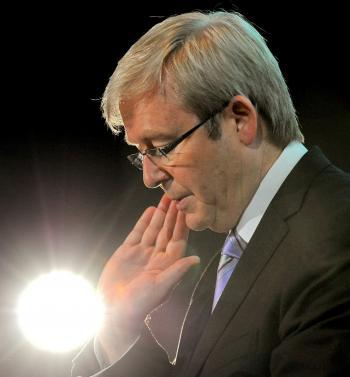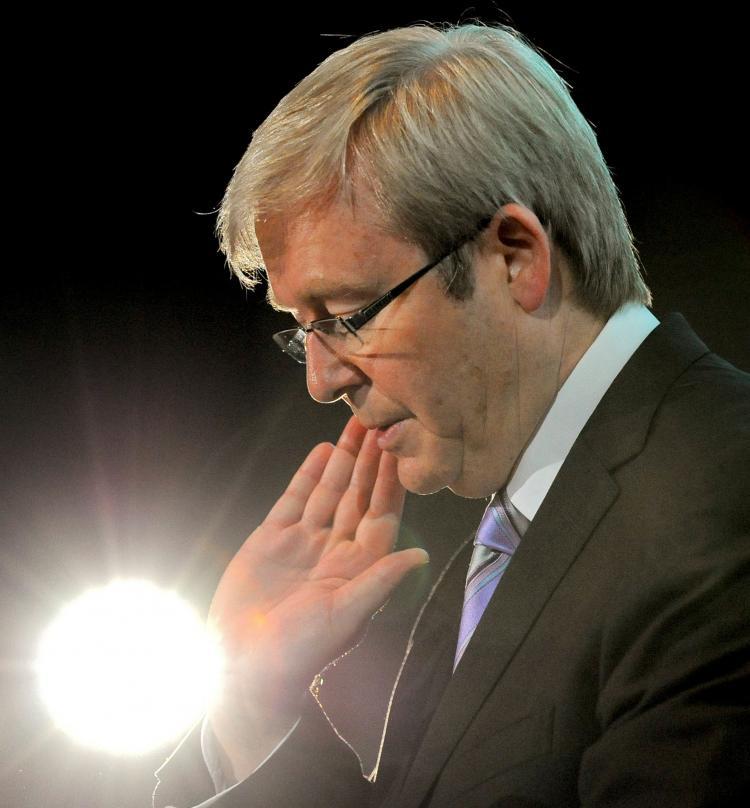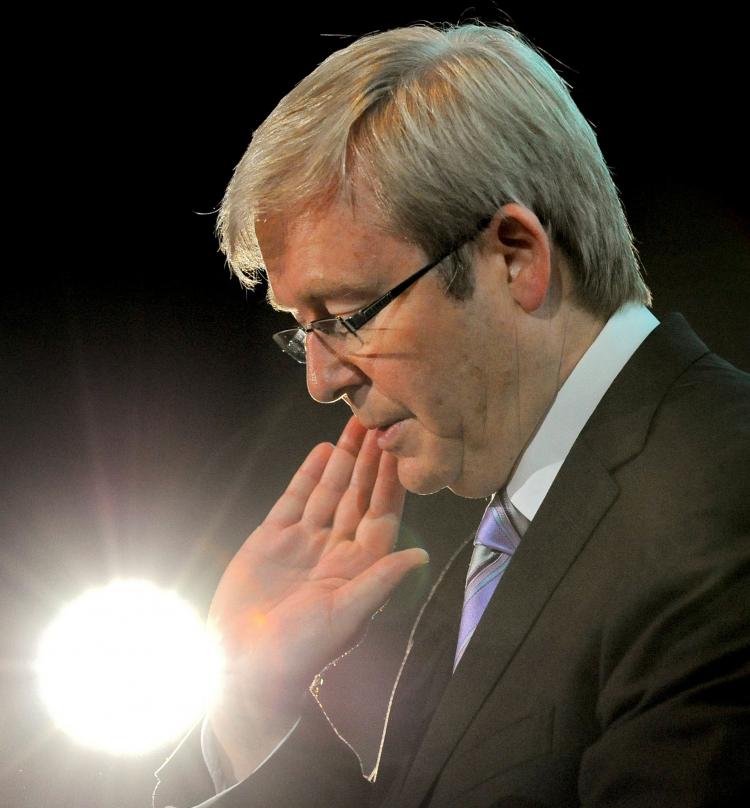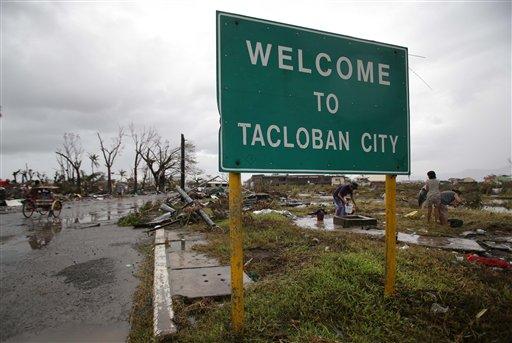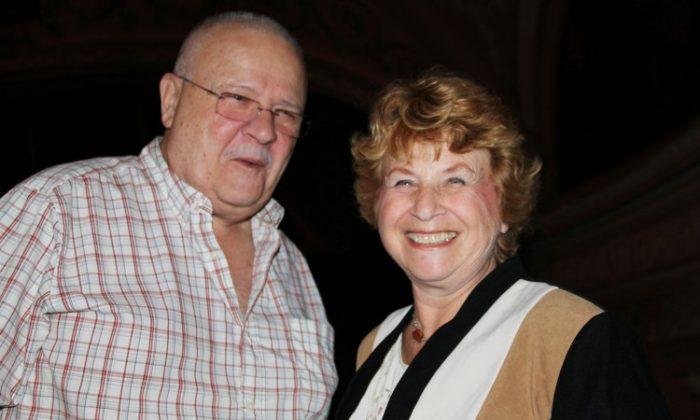Australia’s Prime Minister Kevin Rudd said that the trial left “serious unanswered questions” about Stern Hu’s conviction, AAP reported.
“In holding this part of the trial in secret, China, I believe, has missed an opportunity to demonstrate to the world at large transparency that would be consistent with its emerging global role,” he said.
An Australian business group has also raised concerns, asking for clarity on aspects of China’s legal system. Stern Hu, an Australia citizen of Chinese heritage, was convicted of two charges—bribery and stealing commercial secrets—in the Shanghai No.1 Intermediate People’s Court on Monday March 29.
On the bribery charges, Mr. Hu was sentenced to seven years imprisonment, plus a confiscation of half a million yuan (US$73,608). On the stealing commercial secrets charge, he was sentenced to five years and a fine of another half million yuan.
Overall, the court determined the sentence would be 10 years, plus the fines.
Commenting on the bribery sentence, Australia’s Foreign Minister Stephen Smith said in a statement, “On its face, there was, according to Australian officials, evidence, indeed if not substantial evidence, that bribery acts had occurred.” Mr. Hu and two Chinese national Rio Tinto colleagues, Liu Caikui and Ge Minqiang, had reportedly admitted to bribery, although Mr. Hu and Mr. Liu had questioned the amounts alleged.
The fourth Rio Tinto employee accused, Wang Yong, denied the charges, saying the moneys received were a loan. All four were, however, sentenced with charges from 7 to 14 years. Mr. Smith said that while he could not comment on the sentences of the three Chinese nationals, he believed Mr. Hu’s sentence was “very harsh.” “Can I make this point that on any measure, this is a tough sentence,” he said.
On the second sentence of stealing commercial secrets, Mr. Smith said that despite a round of appeals at various levels of Chinese officialdom and Australian government requests for transparency during the trial, the importance of that had been ignored.
“The Australian government had made the point to China previously, indeed since the detention of Stern Hu, that at one level it may have been that all we were dealing with here was information or material which was generally available so far as commercial negotiations were concerned. And this has been of keen interest to the Australian business community and to the international business community.”
China’s rulers lost an opportunity to clarify what was meant by “commercial secrets,” Mr. Smith said. The Australian Chamber of Commerce and Industry said it wants clarification on legal aspects of the case, particularly detention without charge and the lack of transparency, and also Australia’s consular agreement with China.
“The limited application of the consular agreement with Australia is a worrying development,” said the chamber’s manager of trade and international affairs, Nathan Backhouse, in a statement. “Stricter application would be desirable in any future proceedings.”
Chen Yonglin, a former Chinese diplomat who defected to Australia from the Sydney Chinese Consulate in 2005, saw the sentences as a veiled threat to future Chinese people working in multinationals in China. “In China, if you are of Chinese origin, whether you are a national or not, you are Chinese,” he told The Epoch Times. “So this a lesson for the Chinese—if you work for foreign companies, you also work for the Chinese Communist Party.”
Mr. Chen said that depending on the stakes, it would now always be in the back of Chinese nationals’ minds that they could be punished if the commercial interests of the Communist Party were undermined. “This is the message the Chinese regime wants to send to Chinese people,” he said.
